Hurricanes Hit Just Before Election Season — Why Aren’t We More Prepared?

Originally posted in Talking Points Memo.
In North Carolina, historic flooding and 500-year storms have, unfortunately, become the norm. In 2016, we were hit by Hurricane Matthew, and clean-up from Hurricane Florence’s devastation in 2018 is still ongoing. Now, Hurricane Dorian has made its way up the North Carolina coast.
Climate disasters have become as common as voter disenfranchisement, ravaging coastal areas, vulnerable communities of color, and some of the state’s most disenfranchised populations.
On top of that, this hurricane, like Florence, hit just before an election — the special election in North Carolina’s 9th Congressional District takes place on Tuesday. This haunting narrative feels like a movie scene set on repeat. For generations, communities of color and our most economically vulnerable populations have fought for their right to vote and their right to equity in the civic process.
As the climate crisis fuels stronger storms with more devastating impacts, it hits economically vulnerable populations the hardest and threatens their right to vote. These disasters and the destruction they cause should fuel something bigger: political change and a push to combat both climate change and voter disenfranchisement.
When hurricanes hit only months or weeks before an election, those who have been forced out of their homes face additional obstacles to cast their ballots.
Florence struck North Carolina in September, not long before early voting in the crucial midterms was set to begin. The storm closed numerous boards of election, leaving those impacted by the storm with fewer resources as they attempted to cast their ballots. Local organizations charged with dispatching supplies helped drive record voter turnout for the 2018 midterm elections, with many voters submitting absentee ballots.
But in a stunning twist, a Republican operative in the state’s 9th Congressional District orchestrated an absentee ballot fraud scheme. When the special election for the 9th District was called, it was a victory not only for democracy, but for the power of organizing and action. Now, those voters are impacted by yet another hurricane, this time just days before the special election.
Election officials and local activists must become increasingly prepared for these storms. Natural disasters can cancel stump speeches, close voter drives, and displace voters. Going into the next election year, we need a better plan for educating voters and getting them to the polls in the wake of natural disasters.
We must also take time in the wake of disaster to call for political action. Following Hurricane Florence, North Carolinians not only pushed for relief and supplies — they also demanded accountability from the corporations who polluted the state with hog waste, coal ash, and other contaminants — all issues that were exacerbated by flooding caused by the storm.
And North Carolina is not alone in this fight. Back-to-back disasters have plagued the Southeast. After Hurricane Michael, a resident of Albany, Georgia, remarked, “This is getting to be routine, ain’t it?”
Residents of Albany and Donalsonville, Georgia experienced two major hurricanes in just two years; the area was described as a ‘war zone’ by emergency management. In the midst of this climate disaster, voters cast ballots in the governor’s race between Stacey Abrams and Brian Kemp. Key organizations, including Black Voters Matter, organized both relief supplies and crucial voter education efforts.
Hurricanes are becoming as frequent as elections, after all, they are in the same season. It has become increasingly clear that we must find solutions that create political transformation in the face of natural disasters.
For many generations, people of color and vulnerable populations have created their own resiliency plans, establishing a blueprint for how to rebuild after losing everything. They are our local experts. We can shape policy, clean up our communities plagued by environmental threats, and build political change by cultivating lasting relationships with each other. We need transformational change, specifically aimed at reworking how our civic engagement and political responses look in the face of climate disasters.
No, we can’t control the storm. But we can control our response and channel our frustration with the politics of climate denial and disenfranchisement. In the face of storms like Dorian, the politics of change, of engagement, and of community-led organization are the most important forms of resilience to disaster.
